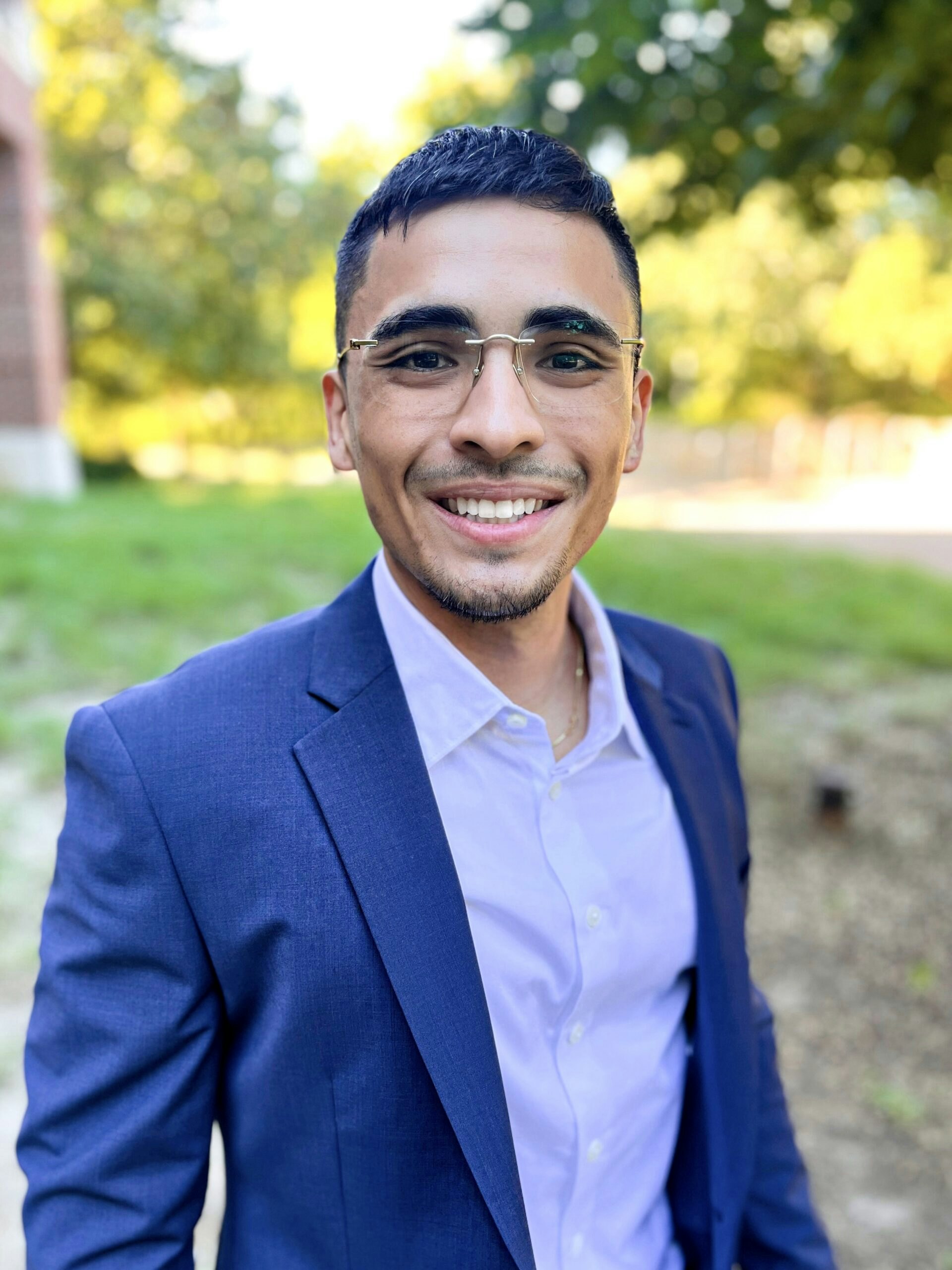Africa matters, especially for American policy priorities. The rights and well-being of Africans across the continent have a direct impact on peace and prosperity around the world and can curb mass migration, bolster security and resilience, and promote trade and economic growth. The U.S. has a long history of effective engagement across Africa and should designate the continent as a foreign policy priority.
Recommendation:
The U.S. government and private sector organizations must do more to build relationships and engagement in Africa. Of equal importance is support for advancing access to quality education, independent media outlets, and reliable information across the continent. This enhances America’s position for deeper ties on the continent and a growing consumer market.
Social and Culture: Reprioritizing U.S. Partnership in Africa
 Broadcasting the universal ideals of freedom and democracy, U.S. information programs — like Voice of America — worked for decades to build the capacity of regional media and advance access to reliable information in diverse communities across Africa. This had a direct impact on countering censorship, propaganda, and other forms of malign information. Preserving this in some capacity will be vital.
Broadcasting the universal ideals of freedom and democracy, U.S. information programs — like Voice of America — worked for decades to build the capacity of regional media and advance access to reliable information in diverse communities across Africa. This had a direct impact on countering censorship, propaganda, and other forms of malign information. Preserving this in some capacity will be vital.
Advancing stability, accountability, and economic growth, U.S. foreign investment, public-private partnerships, and corporate and philanthropic investments have had a significant impact on improving access to education, skills training, and opportunity for millions of young Africans across the continent. This includes:
- Supporting leadership development for over 7,000 young leaders and innovators via the Mandela Washington Fellowship (the Young African Leaders Initiative).

- Improving school access, literacy comprehension, teacher capacity, and graduation rates across primary and secondary education.
- Accelerating academic research and access to higher education through university partnerships and exchange opportunities like the Fulbright program and the Africa-U.S. Higher Education Initiative, among others.
- A significant rise in African students enrolled in U.S. universities. In FY 2023, around 50,000 African students were studying at American universities and colleges across the U.S.
Social and Culture: Countering Russia and China in Africa
Russia and China are actively spreading their authoritarian influence across the African continent — to the detriment of regional and global stability, peace, and prosperity. These adversaries are filling a void left from the lack of American engagement over the past decade to advance their interests at the expense of U.S. national security.
Russia
- Over 35,000 African students currently study in universities across Russia. Seeking to grow this number further, Russian universities (via RACUS) are courting African students with degree programs, accommodations, guaranteed admissions, tuition assistance, job opportunities, and prospective paths to Russian citizenship.

- Russia is using cultural investments — such as language programs and scholarships — to win influence over young Africans facing high unemployment and barriers to education.
- Russia has ramped up investments in the expansion of free education and language courses across Africa through the establishment of “Russian Houses.”
- Between 2020 and 2024, Russia has established cultural and religious centers in more than 20 African countries.
- Targeting more than 22 countries across 80 campaigns since 2022, Russia has sponsored at least 40% of documented disinformation efforts in Africa, according to the Africa Center for Strategic Studies.

- Russia hosts work-study programs that allow young Africans to earn money while pursuing their education. However, their recruitment tactics lack transparency, with reports exposing these programs as mechanisms to force young Africans into contributing to Russia’s war against Ukraine.
China
- Over 81,000 African students currently study in universities across China. It is the second largest destination for African students studying abroad.

- Chinese television channel CGTN has bureaus across Africa, complementing the state-run Xinhua News Agency, which has more than 70 local correspondents, bureaus in 20 African countries, and content-sharing agreements with many of Africa’s state news agencies.
- China has established over 60 Confuscius Institutes in 46 African countries since 2005 to promote Mandarin language skills, Chinese Communist Party values, and Chinese culture and influence.

- China owns the largest share of media bureaus in the region and leads the training and employment of thousands of African journalists by Chinese outlets.

































